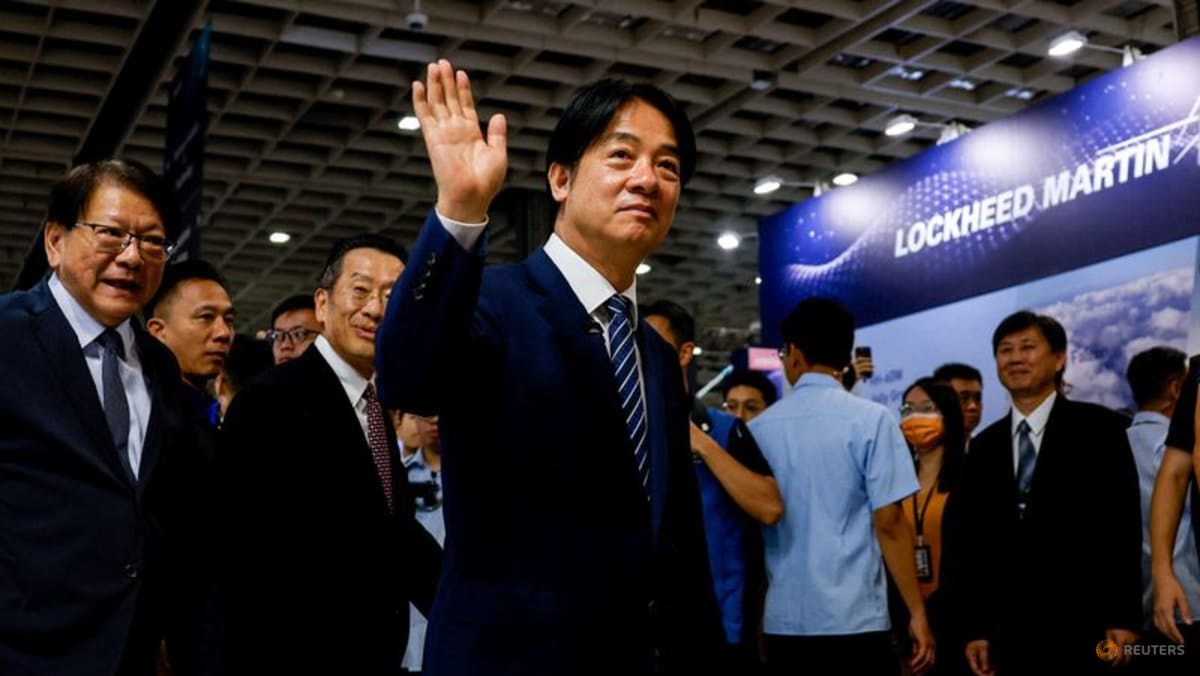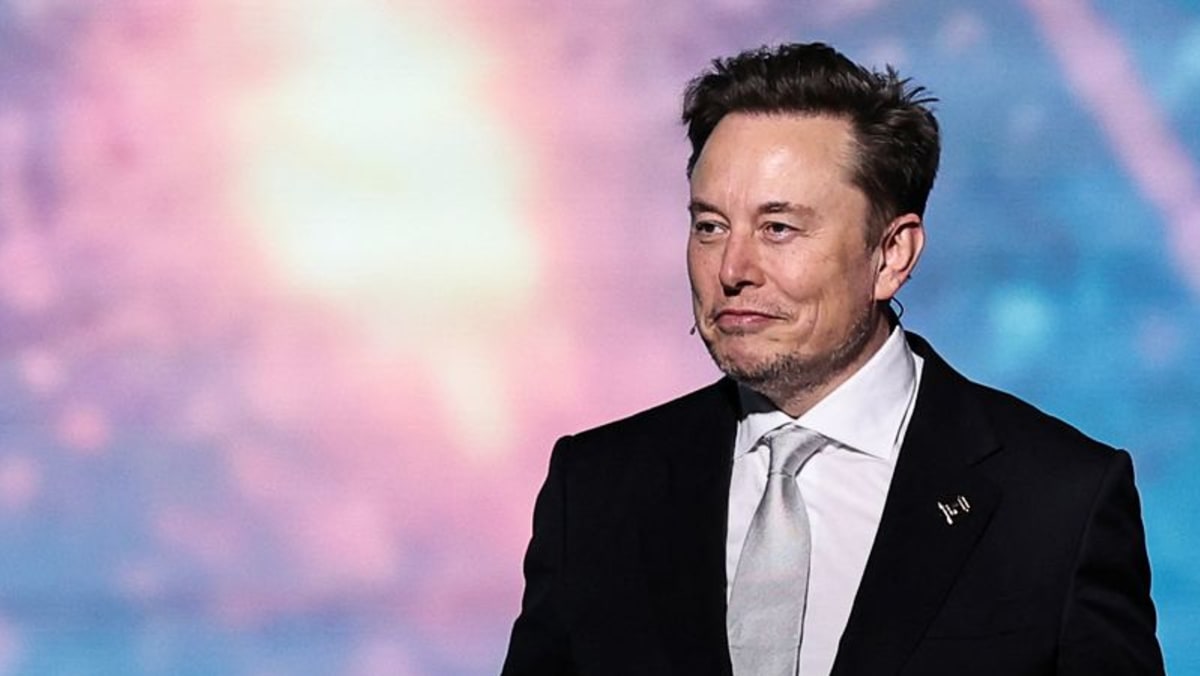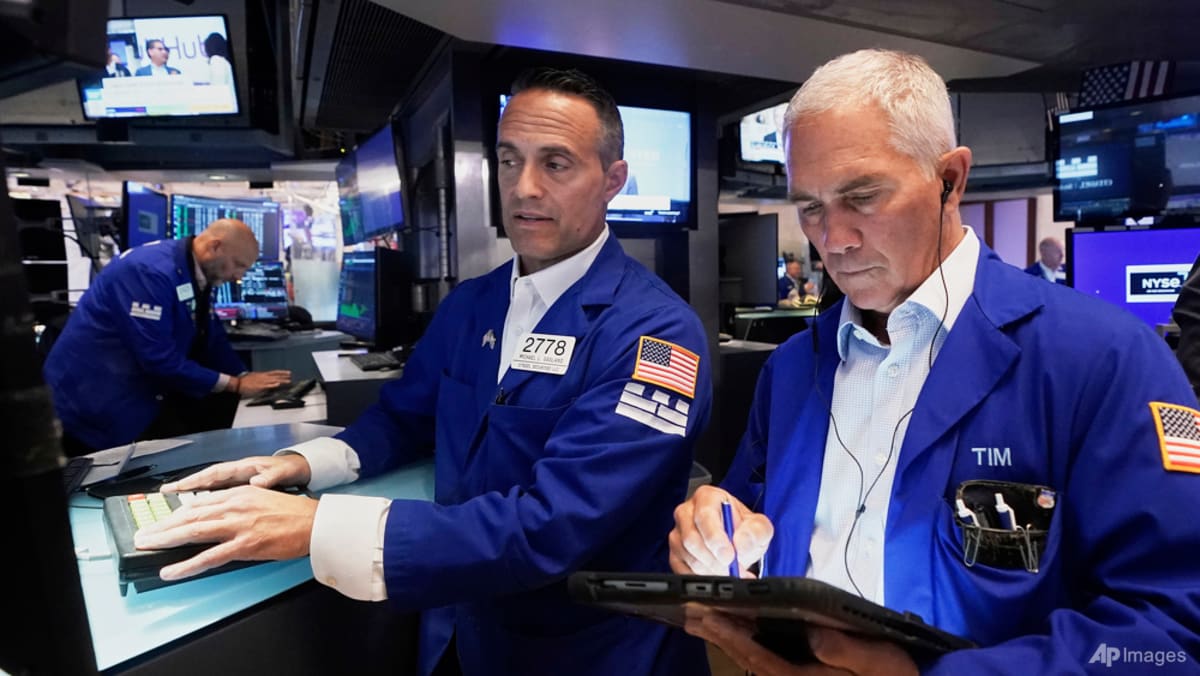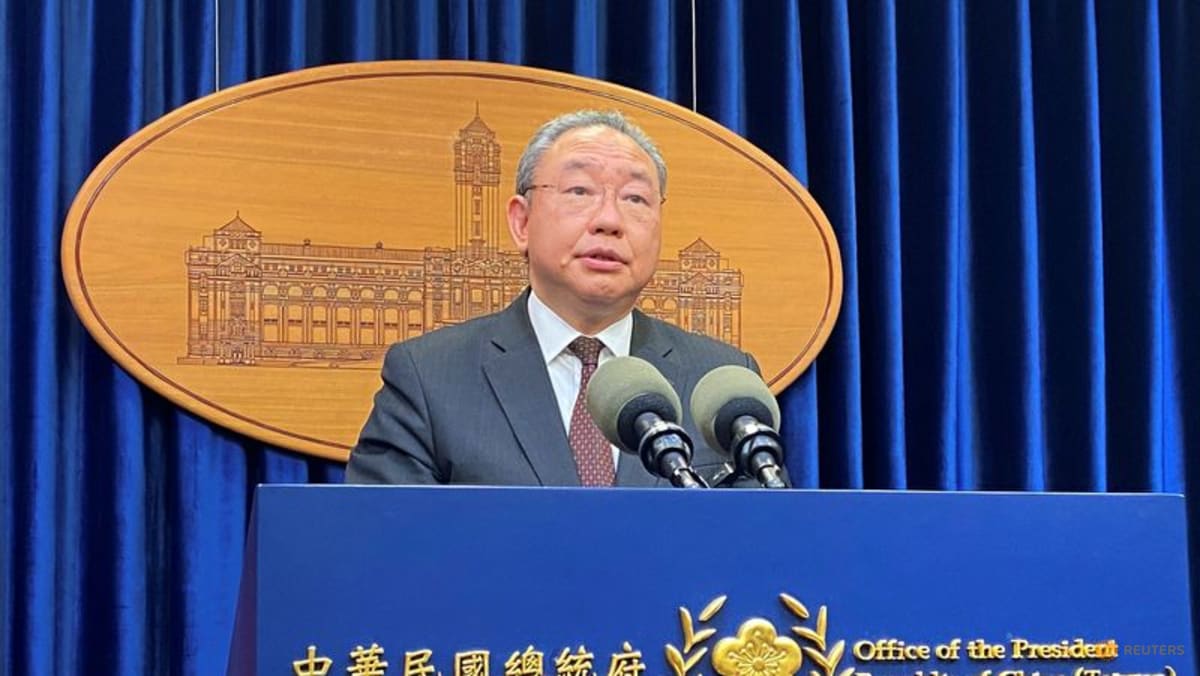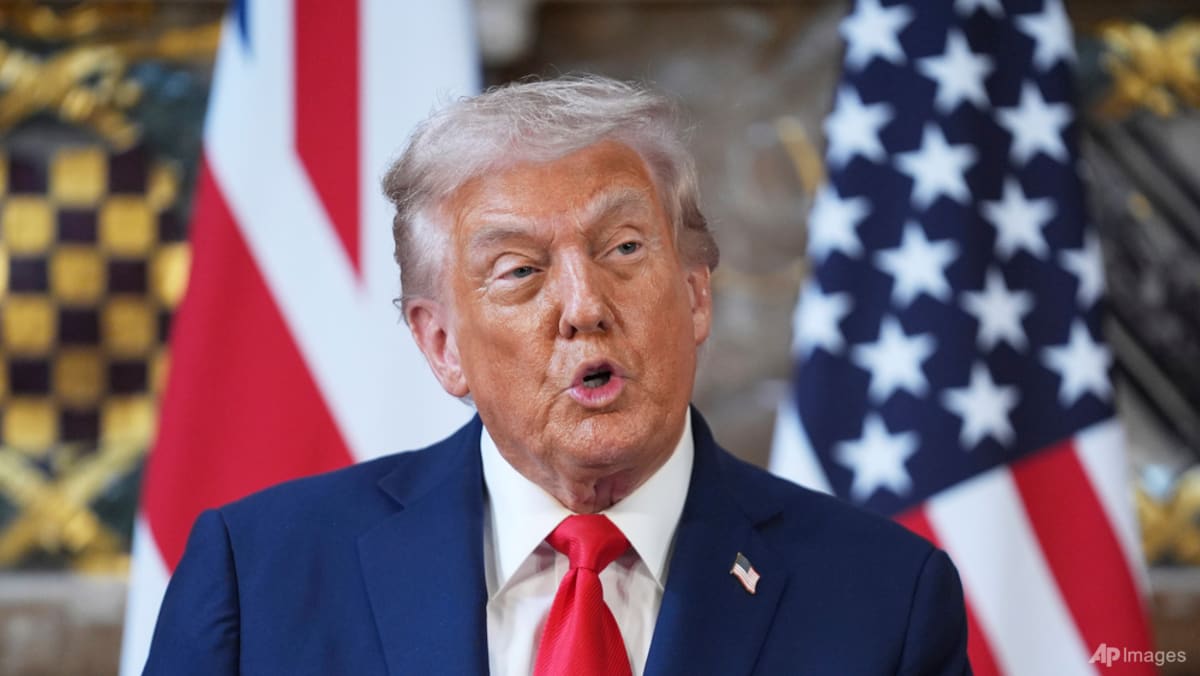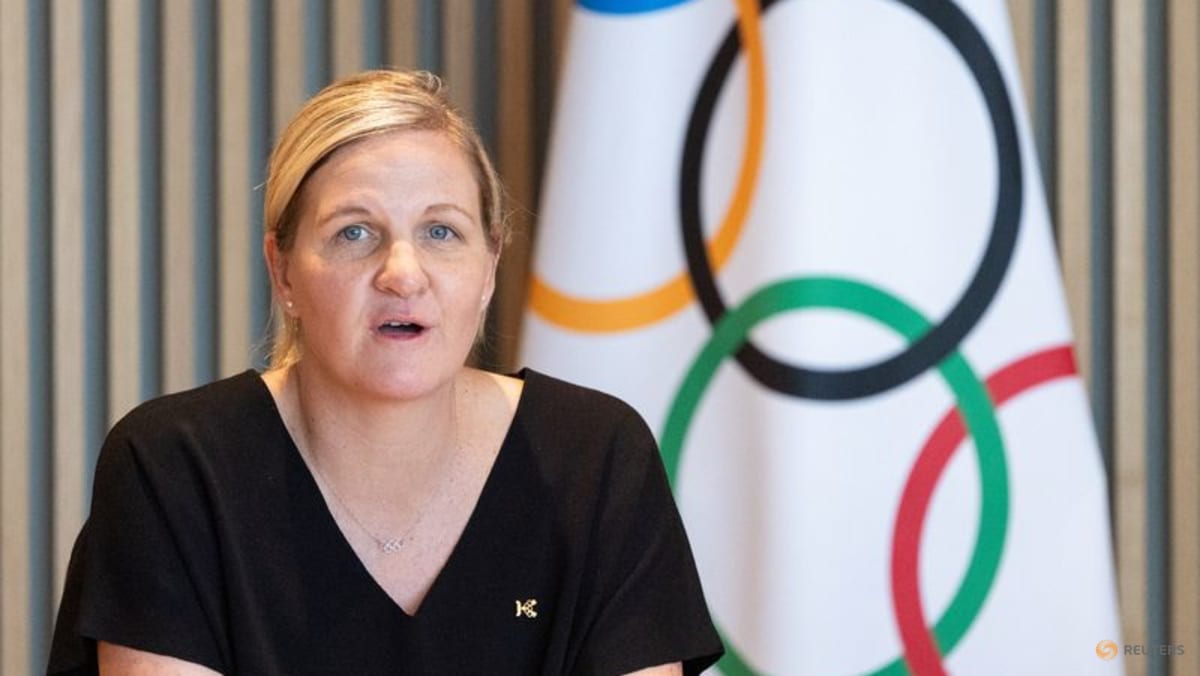There is also the fact that to run successfully you must have media coverage. The media tends to focus almost exclusively on the two main parties. This creates a “chicken and egg” situation where you need success to help raise money and media coverage, but it’s difficult to be successful without first having money and media coverage.
The final reasons are that of the open primary and ideological flexibility of the main parties. Trump briefly considered running as president for the Reform Party back in 2000. In 2016, the open primary system that both main parties use meant that he could impose himself on the Republican Party despite most of the party elite despising him.
Why bother starting your own party when you can run for one that already exists? It could now be argued that the Republicans have effectively become the Trump or MAGA party, although whether this will survive his presidency is open to debate.
MONEY, MONEY, MONEY
Elon Musk has, for the moment, money to burn. Whether he’s willing to invest in the long term to turn this into more than a vanity project remains to be seen.
He also has charisma and a national platform to amplify his voice like few others. But, having been born outside America, he can’t run for president.
If he’s serious about electoral success, he’d have to find someone to run, and that would mean, effectively, they’d lead his party. Musk’s public persona suggests that he does not play well with others.
Founding a third party isn’t impossible, but unless there is a political earthquake it seems difficult to see how one could succeed.
Matthew Mokhefi-Ashton is Lecturer in Politics and International Relations at Nottingham Trent University. This commentary first appeared on The Conversation.
